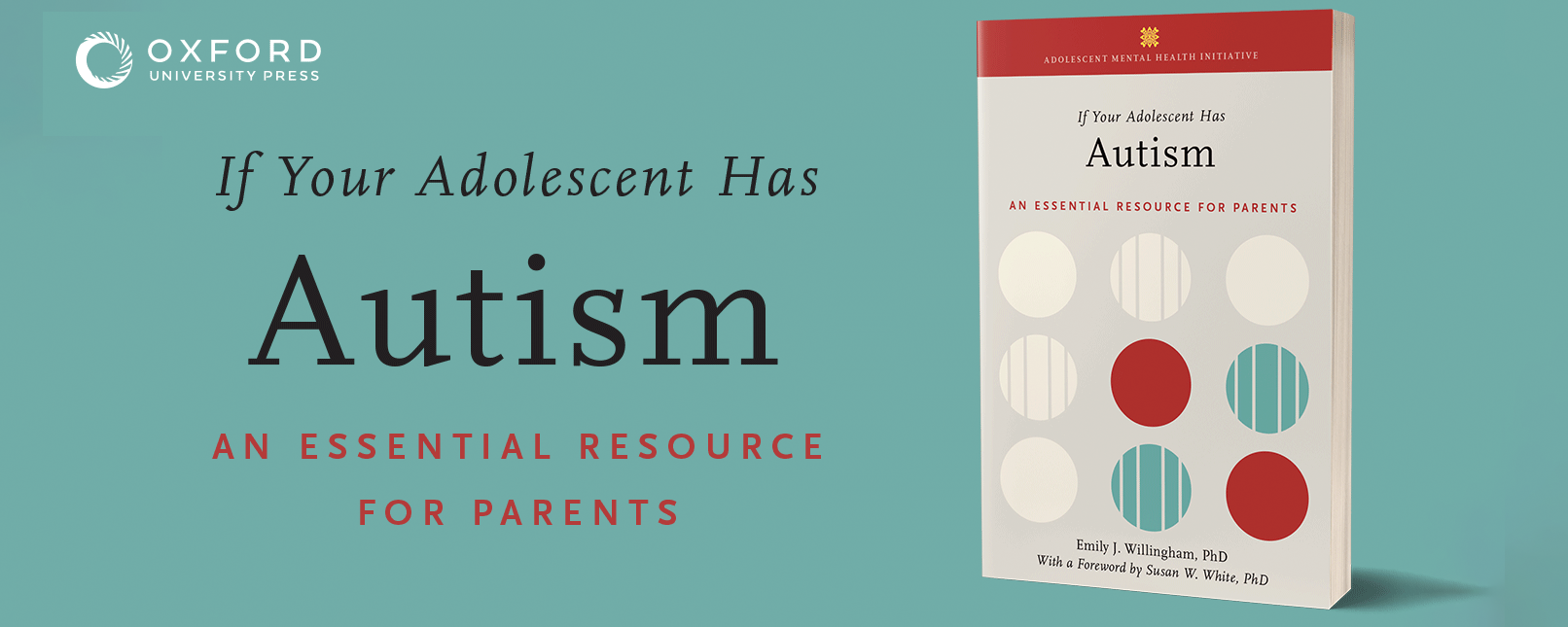
Rigor Mortis: Addressing the Problems of Rigor and Reproducibility in Biomedical Research
Award-winning journalist Richard Harris has been a science correspondent at NPR since 1986. He’s covered all areas of science, environment and medicine and has traveled to all seven continents, primarily for his extensive climate change reporting. In 2010, Harris was first to report that the flow from the Deepwater Horizon oil spill in the Gulf of Mexico was 10 times larger than the government had been estimating. Rigor Mortis is his first book.
Abstract: Biomedical researchers have become increasingly concerned that many findings from one lab can’t be reproduced in another. Rigor Mortis explores the many reasons for this. One critical cause is that funding pressures have created a hyper-competitive environment. Scientists are rewarded for making flashy claims but often not penalized for being wrong. Compounding these problems, scientists sometimes use inappropriate ingredients, poor statistical methods and other shortcuts that lead them astray. Scientists don’t intend to do research that can’t be reproduced, but perverse incentives built into biomedical research are at work. The good news is that there are scientists working hard to make biomedical research a more effective source for new treatments and cures.


